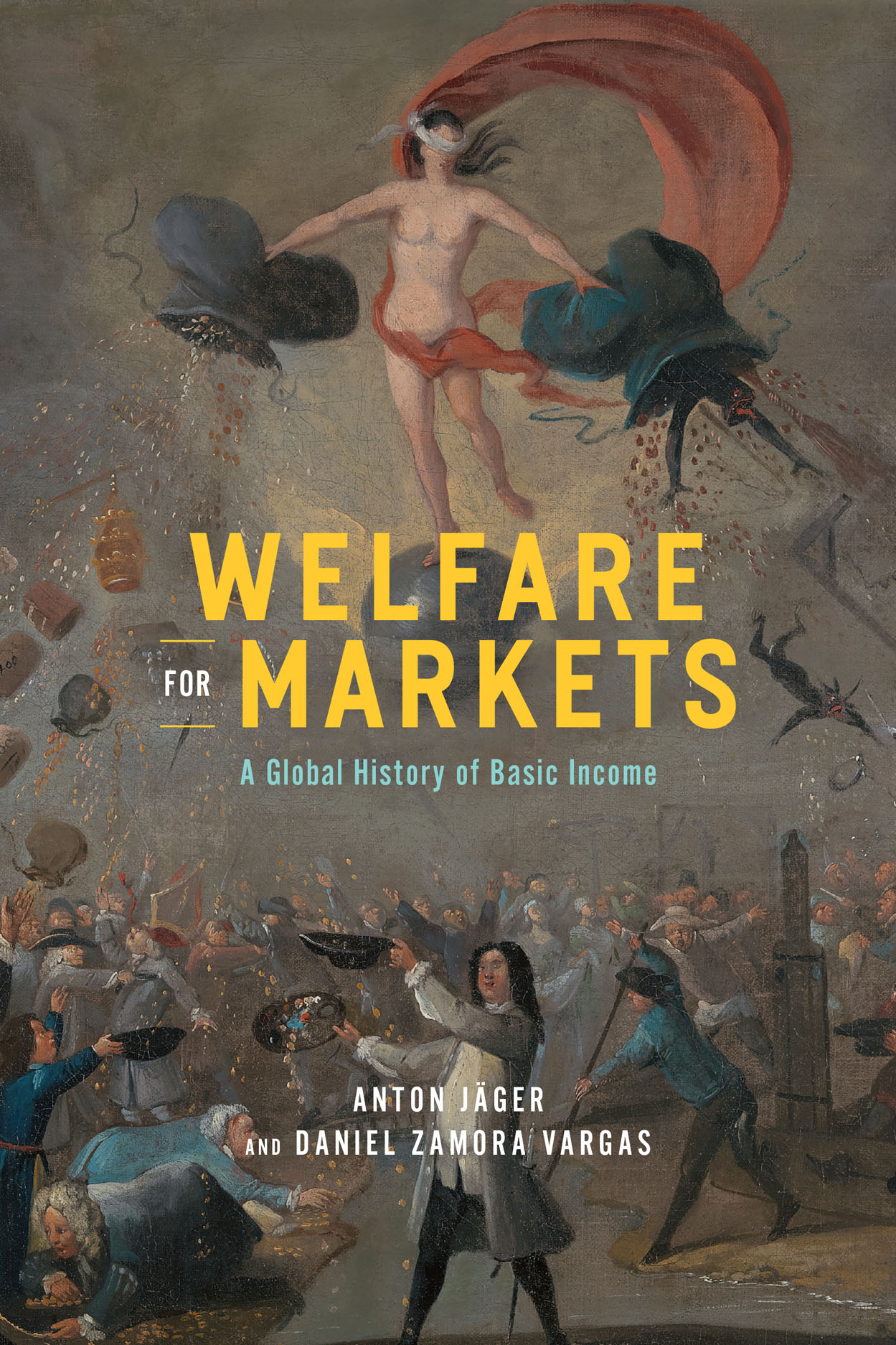Dreams of a guaranteed income are longstanding, but they leapt back into the public imagination in the wake of the dismal recovery from the 2008 financial crash, endorsed by a diverse array of figures on both the left and right. In 2020 presidential candidate Andrew Yang briefly managed to catapult himself into the media spotlight by pitching an eye-catching “Freedom Dividend” of $1,000 a month to every U.S. citizen over the age of eighteen. Building on this momentum, the massive social and economic dislocation of the pandemic and the nearly unprecedented use of fiscal firepower seemed poised to effect a permanent transformation of the welfare system in both the United States and across much of the Global North.
Yet as soon as the drastic recovery measures began to revive the U.S. growth engine and inflation began to tick upward as snarled supply chains creaked under new waves of consumer demand, a chorus of economists and employers began to scream that the emergency measures were responsible for overheating the economy. Today inflation anxiety continues to dominate headlines, the impact payments have entirely stopped, and every pandemic-era expansion of the transfer system has been allowed to quietly expire. With the end of the expanded child tax credit, 3.7 million more children plunged below the poverty line, and food insufficiency for families with children has increased by 25 percent. Basic income seems as far from reality as it ever has been.
Given its frequent selling point as a “utopia for pragmatists”—one endorsed by Yanis Varoufakis, Charles Murray, and Mark Zuckerberg alike—why is basic income always on the cusp of implementation, a dream perpetually deferred? This is the question that Anton Jäger and Daniel Zamora Vargas can never quite answer in their new book, Welfare for Markets: A Global History of Basic Income, an illuminating history of intellectual arguments for basic income whose significance is nonetheless circumscribed by its narrow frame. Though Jäger and Zamora call their project a “social history of ideas,” their singular focus on basic income—and their doubt that it can possibly pose a challenge to the hegemony of the market—can make UBI seem both natural and inevitable, a virtual fait accompli. On this reading, even left-wing UBI advocates are unwitting dupes whose political imagination has been warped and depleted by decades of market ideology.
The broader social and political history lurking in the margins of the book’s frame points to a different conclusion: that a basic income has been sufficiently threatening to work incentives—and thus to the very heart of the liberal capitalist order—to be ceaselessly beaten back, even after only modest inroads and in the face of support from an ideologically promiscuous set of elites. Far from spelling the end of meaningful politics, basic income is one site where it can and has flourished—and where the hidden structures underlying our economic life have often been laid bare.
